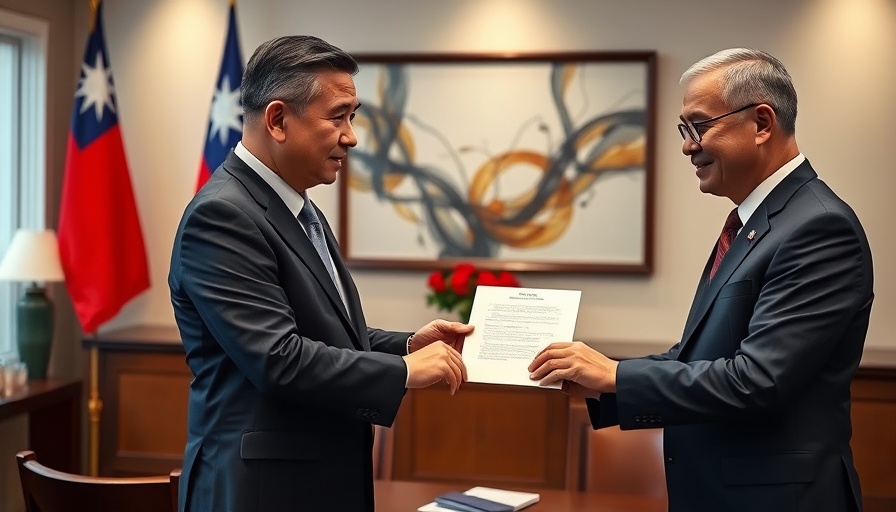
Trinidad and Guyana's Surprising Support for U.S. Military Presence
The escalating tensions between Venezuela and its neighboring nations have reached a pivotal moment as Trinidad and Tobago, alongside Guyana, expressed unequivocal support for the U.S. military's potential interventions in the region. This backing represents a drastic shift in stance for Trinidad, whose Prime Minister Kamla Persad Bissessar emphasized the dire circumstances facing her nation due to rampant crime and violence. Notably, she has now extended an invitation for U.S. forces to operate from Trinidadian soil as a preventive measure against possible Venezuelan aggression toward Guyana.
Why This Development is Significant
Recent statements made by leaders from both Trinidad and Tobago and Guyana mark a significant departure from the historically neutral or cautious posture many Caribbean Community (CARICOM) nations have adopted regarding U.S. actions. The political backdrop is characterized by a complex web of diplomatic relations, crime, and regional security concerns. Persad Bissessar's remarks highlight the seriousness with which Caribbean leaders view drug trafficking and violence that have plagued the region for decades.
Navigating Caribbean Unity Amidst Divisions
As Trinidad and Guyana step forward to support U.S. military action, many are left wondering how this will affect CARICOM's unity. Recent comments from PM Persad Bissessar suggested that the fate of regional solidarity may be at the mercy of individual countries' priorities, potentially leading to divisions within CARICOM. This moment underscores pressing questions about national security interests versus regional cooperation, raising the stakes for future diplomatic encounters with external powers like the United States.
The Future of Caribbean Security Policies
With Trinidad and Guyana aligning themselves with U.S. military plans, the implications for Caribbean security policy are profound. This shift may prompt discussions about best practices for combating organized crime, which often transcends borders. The regional leaders' commitment to collaborative approaches could pave the way for a more proactive stance against threats posed by drug cartels and other criminal enterprises that have destabilized their nations.
Concluding Thoughts
Understanding the implications of Trinidad and Guyana's support for U.S. military intervention is vital for citizens and stakeholders in the region. With crime and organized violence on the rise, the measures taken now will steer the Caribbean nations toward a future where security and sovereignty must be delicately balanced. This shift calls for reflection and potential action regarding how best Caribbean countries will navigate these complex waters.
 Add Row
Add Row  Add
Add 




Write A Comment